Redlining’s Legacy: Disinvestment in Black Communities in Virginia
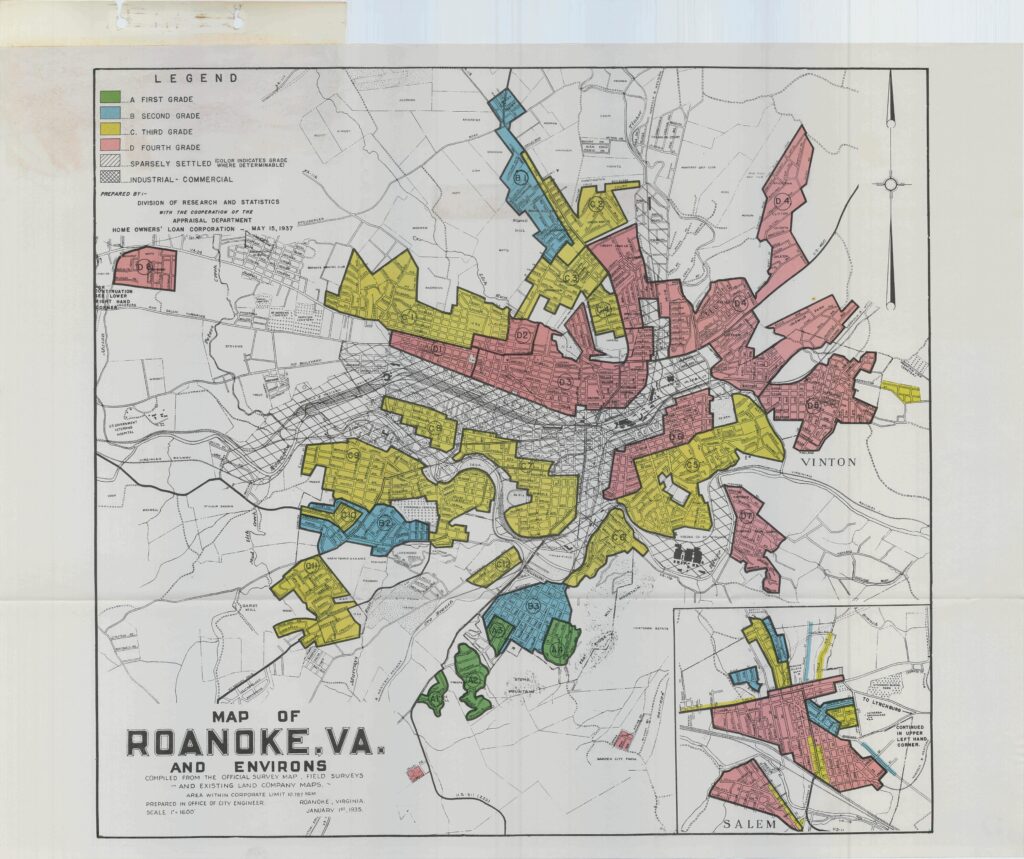
Redlining was a red mark against these robust neighborhoods, meaning that they could not connect to federal funding for home loans. Race was the defining factor in redlining and prevented these communities from gaining full access to the federal support that was needed and that they paid into through the federal tax system.
Creating Land Access & Tenure for Black Farmers in Virginia
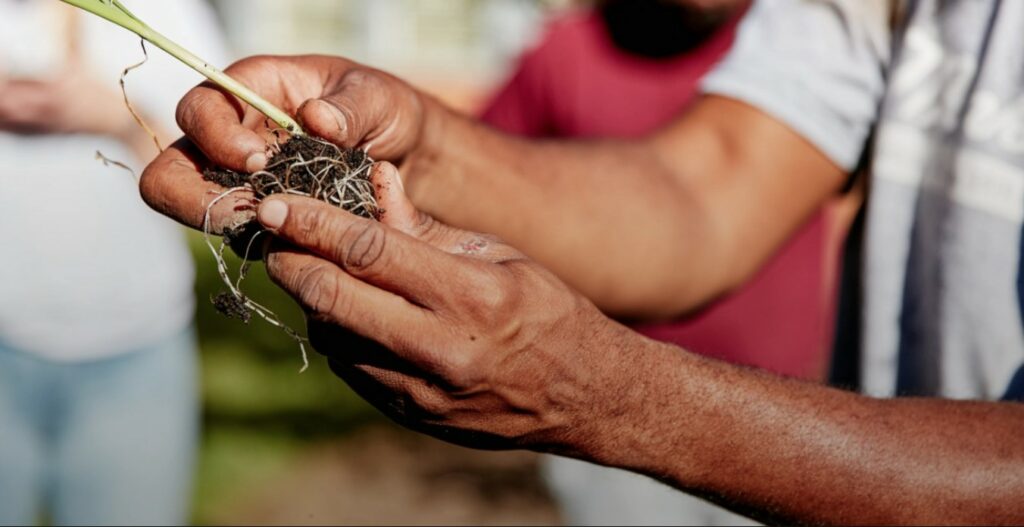
While securing land tenure is a challenge facing farmers of every race in this country, Agrarian Trust knows that land access is a greater barrier for farmers of color, and is centering the work of making affordable land security available to BIPOC (Black, Indigenous, People of Color) farmers. More than 98% of farmland in the U.S. is owned by white people while more than 70% of the farmworkers who seed, cultivate, weed, and harvest the crops that feed us are people of color. This gross injustice needs to change.
Changemaker Profile: Jillian Hishaw and Systemic Land Theft
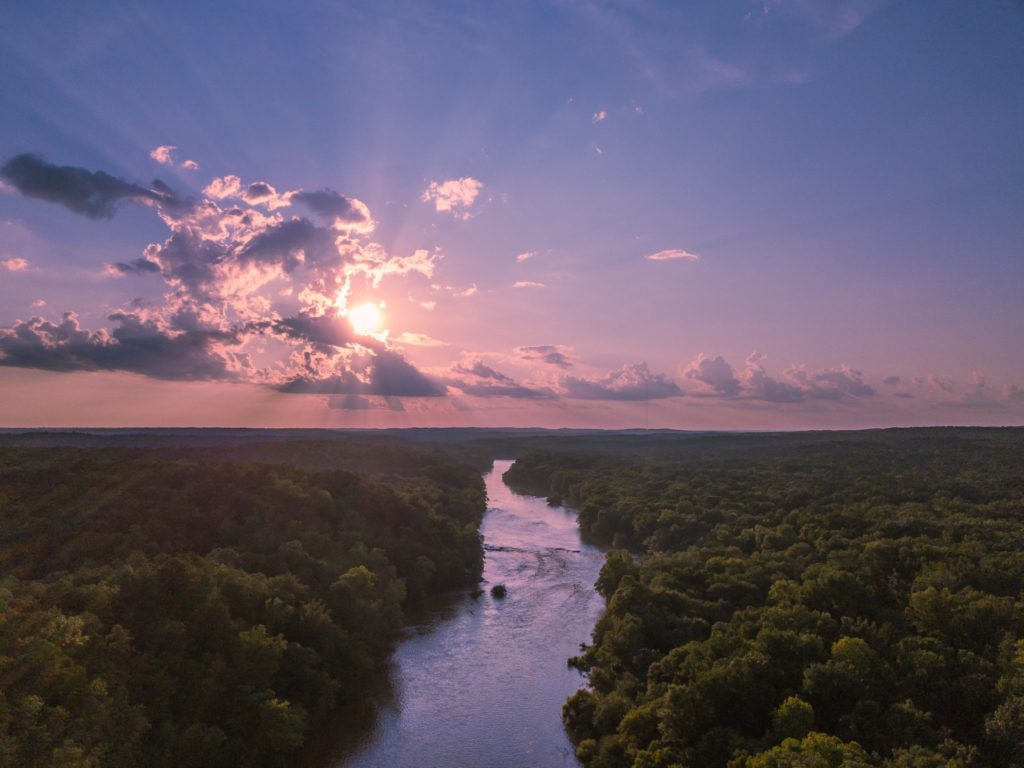
A reflection from author, attorney, and landowner advocate Jillian Hishaw as she discusses her new book, Systematic Land Theft.
Action & Commitment for Racial Equity

The recent uprisings are shaking the world. We are again at a tipping point that is a long time coming. Just as it always has, it will require not only weeks, months, or years of protest but decades and centuries of commitment to create a culture of equity and justice.
Elders are the Trees in the Garden
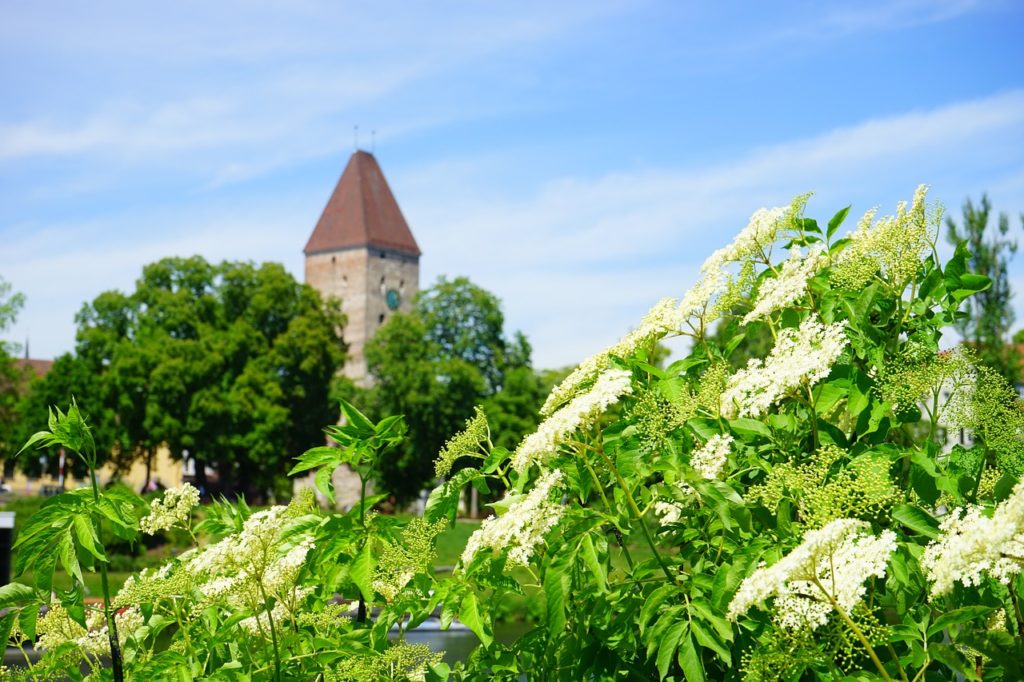
Some of the influential elders who shaped sustainable agriculture before modern times have left their mark on this world and still offer much inspiration to newer generations of land stewards across the globe today. Editor’s Note: This article is the third in a new series from Agrarian Trust and our contributors exploring the human side of […]
Earthseed Land Collective: Farmers of Color Create Space for Collective Living & Liberation on the Land
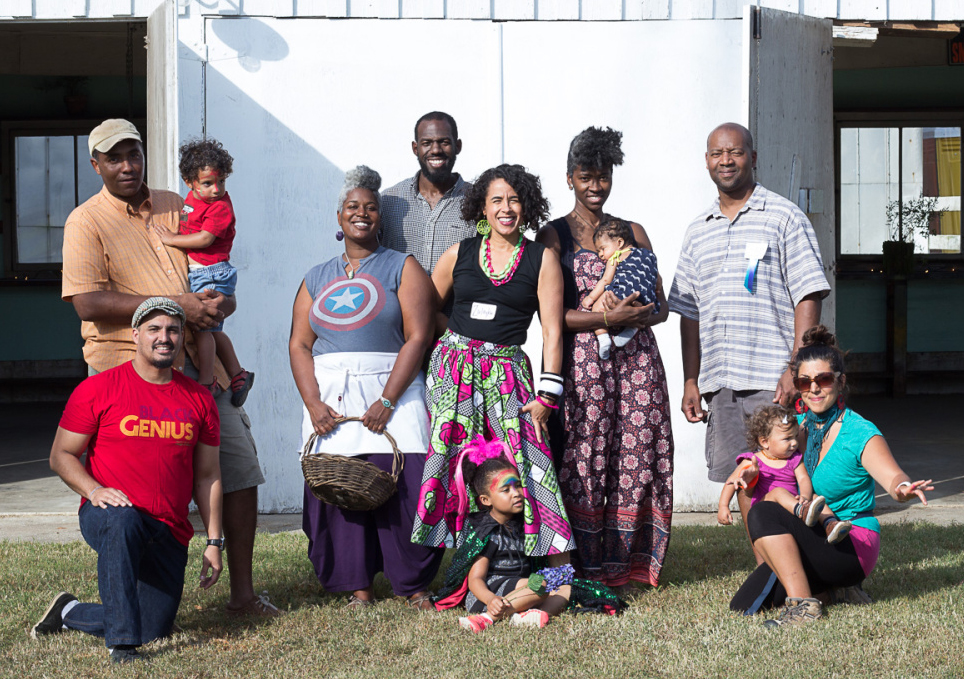
The Earthseed Land Collective was formally established in 2012 by a group of black and brown farmers and social justice organizers. All in their 30s and early 40s at the time of its founding, the group currently includes seven founding members. Over the past decade, they have sought to establish a stable land base for their families and an equally grounded, self-sustaining, and welcoming hub for community building, particularly among farmers of color and food justice advocates…
Land Access Strategy: Black U.S. Farmers Employ Numerous Strategies to Maintain Land Ownership and Farm Operating Independence
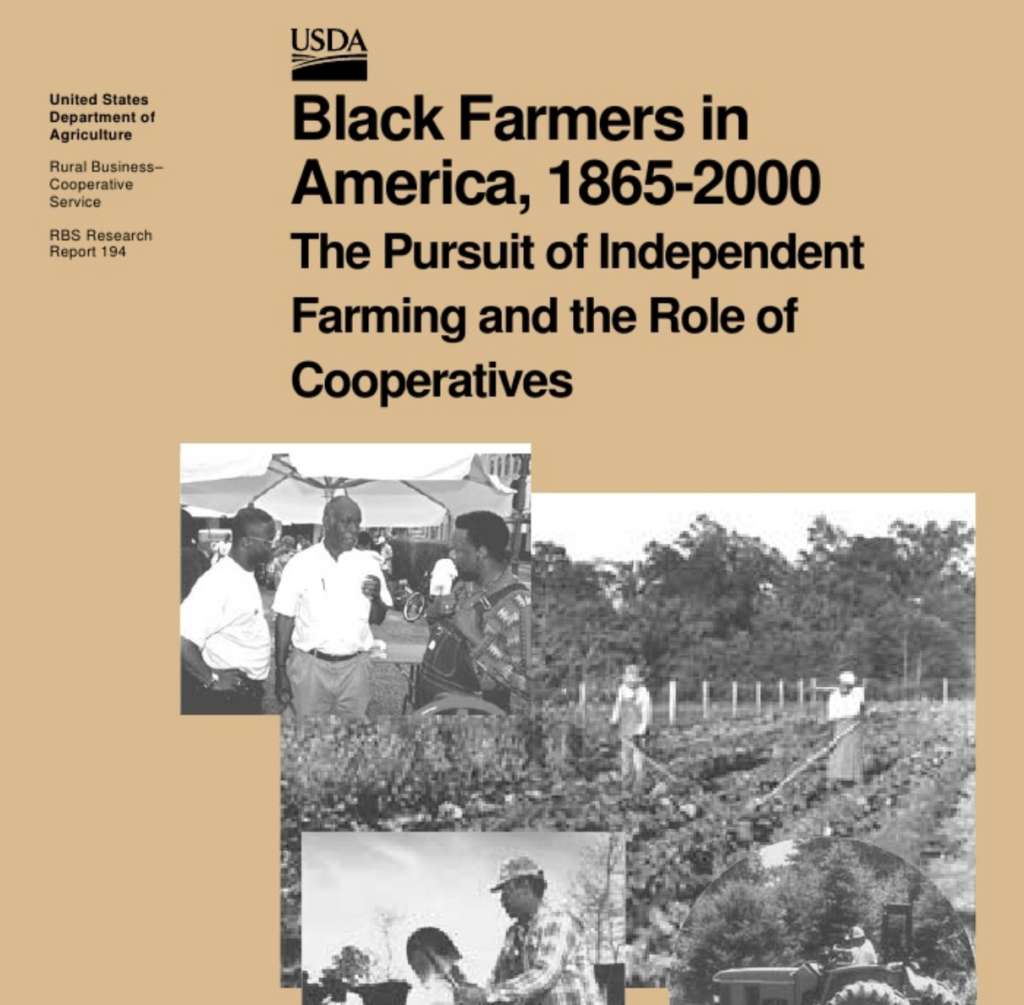
Black farmers have developed countless creative and enduring responses to the challenges of discrimination and disinvestment in US agriculture. Far too many of the initiatives led by Black farmers in the past did not thrive due in part to a hostile social and political climate that devalued and discouraged their efforts. The continued work of organizations such as the Federation of Southern Cooperatives helps ensure that the innovative approaches to land ownership and agricultural production developed by Black farmers will be recognized and documented, as well as carried forward by future generations. We still have much to learn from the history of Black farmers in America.